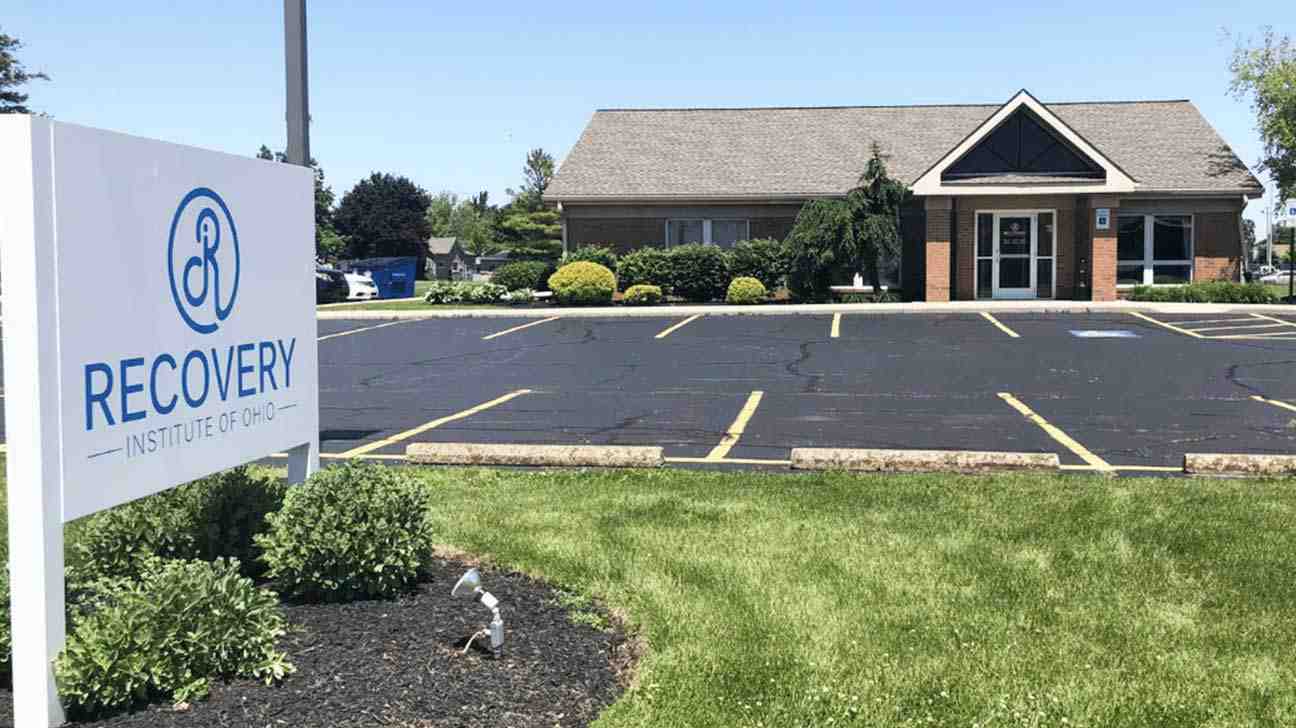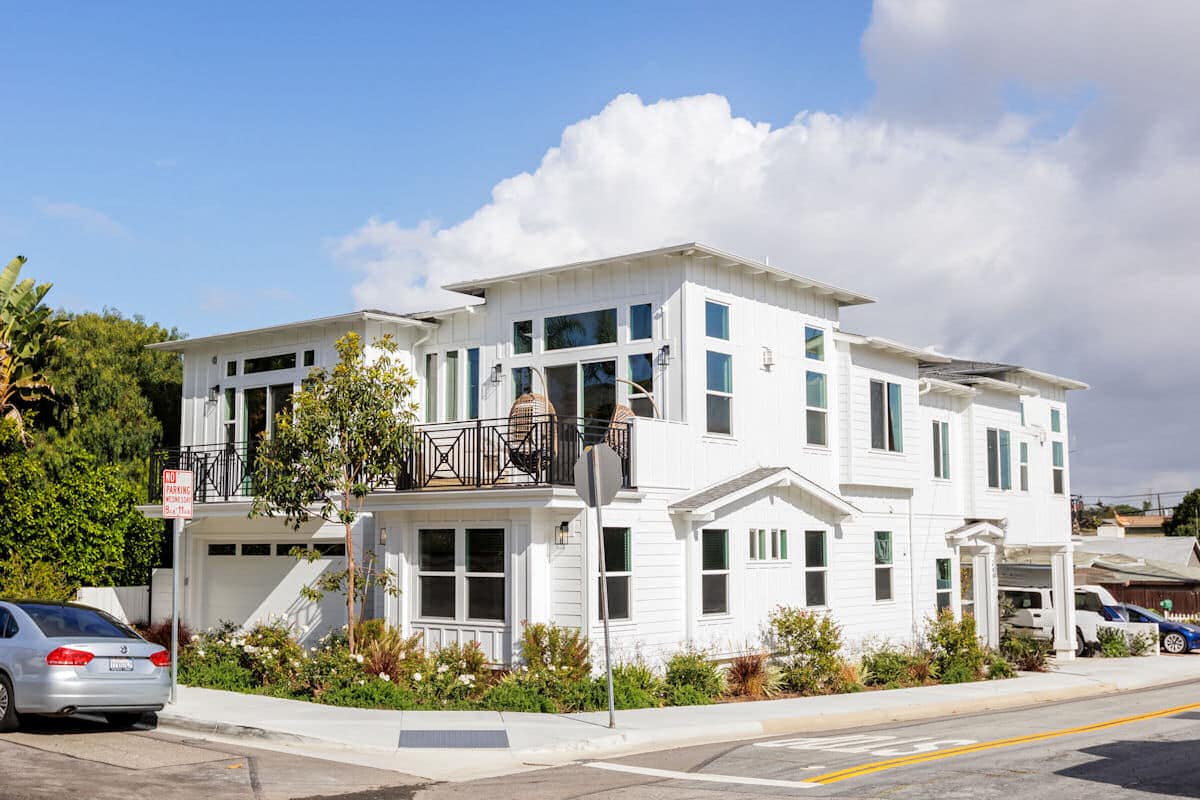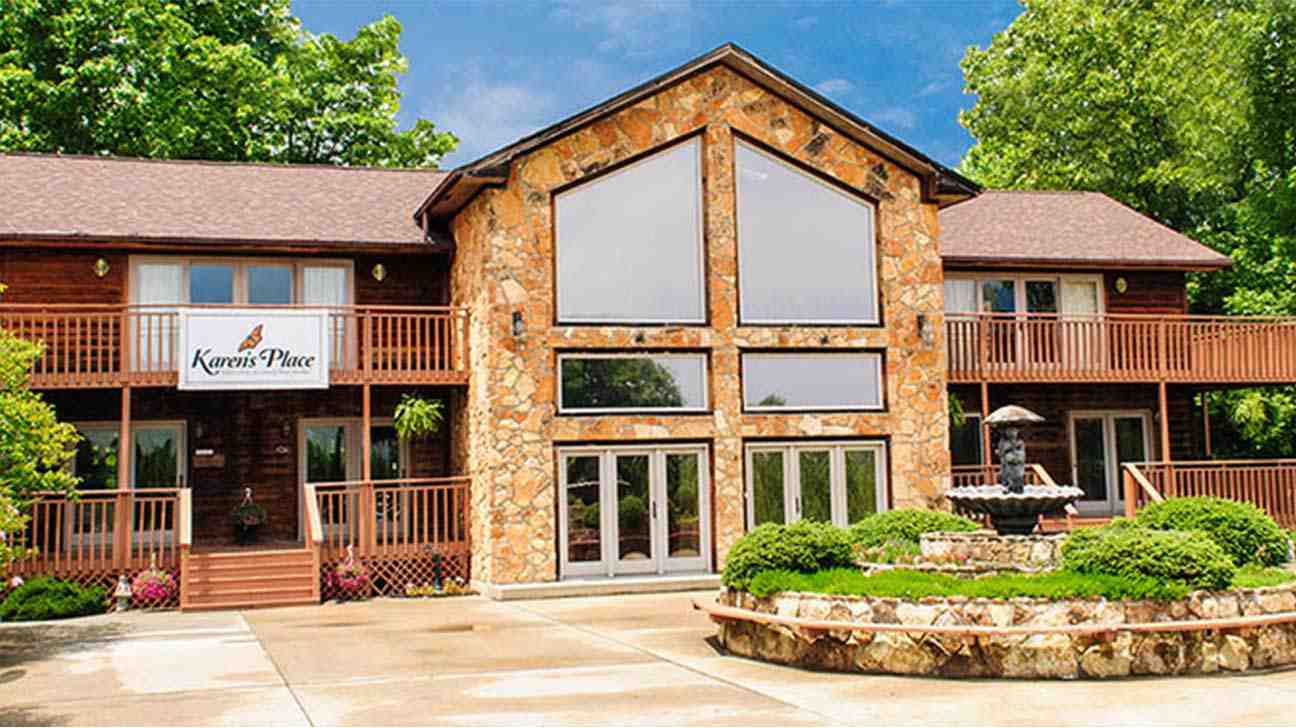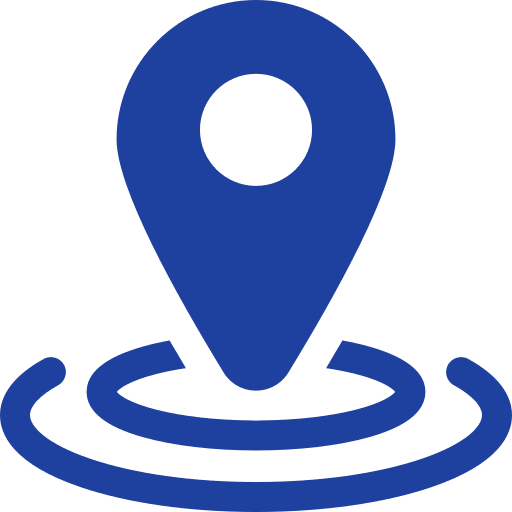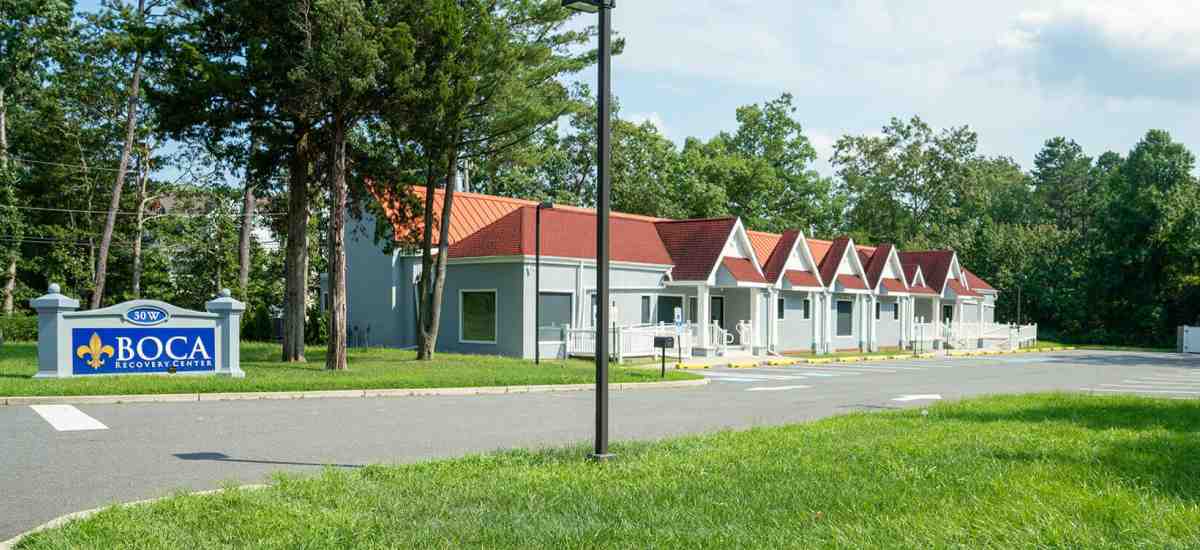
Overcoming the Cost of Recovery
Free drug abuse rehab centers offer addiction treatment for individuals who cannot afford private care. Here’s what you need to know:
Key Ways to Access Free or Low-Cost Rehab:
- State-funded programs – Government-funded facilities for uninsured or low-income individuals.
- Non-profit organizations – Charitable groups offering treatment regardless of ability to pay.
- Faith-based programs – Religious organizations providing recovery services at no cost.
- Medicaid/CHIP – Texas state health insurance covering addiction treatment for eligible residents.
- SAMHSA block grants – Federal funding helping states provide free substance use treatment.
Quick Eligibility Check:
Most free rehabs require proof of Texas residency, low/no income, lack of insurance, and a substance use disorder diagnosis.
In 2023, 46.3 million Americans aged 12 or older had a substance use disorder, yet for many, cost is a major barrier to recovery. The truth is, cost should never prevent you or a loved one from getting help. Free and low-cost addiction treatment exists across Texas, funded by government programs, non-profits, and federal grants. These centers provide the same evidence-based services as private facilities, including detox, counseling, and inpatient/outpatient care.
Many people are unaware these resources exist. The Substance Abuse and Mental Health Services Administration (SAMHSA) provides block grants to states specifically to fund treatment for those who cannot afford it.
This guide explains how to access free drug abuse rehab centers in Texas. We’ll cover eligibility, how to apply for assistance, and highlight top free or low-cost resources. You’ll find clear, actionable steps to begin the recovery journey.
Addiction Helpline America has helped thousands find treatment options. Our team connects people with the right resources, regardless of their financial situation, because we believe everyone deserves life-saving care.
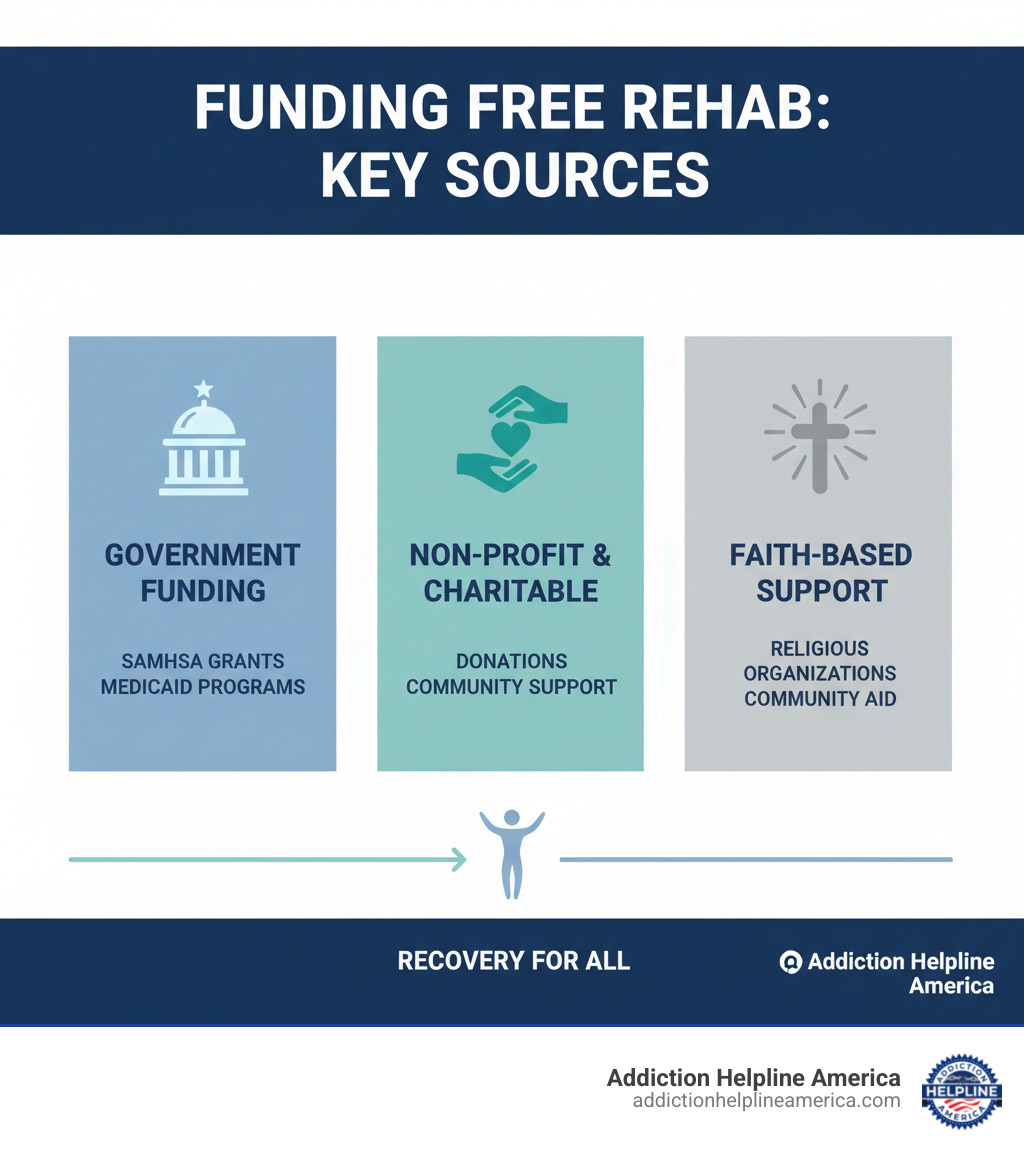
Free drug abuse rehab centers vocab to learn:
- how much are drug rehab centers
- what drug rehab centers accept medicaid
- comprehensive rehab programs
Understanding Free Drug Abuse Rehab Centers
When addiction treatment seems unaffordable, free drug abuse rehab centers are a lifeline. These are legitimate programs providing the same evidence-based care as private centers, but with different funding. They operate on the belief that no one should be denied treatment because of money.
Types of Free Treatment
- State-funded programs: These public facilities are the backbone of accessible care in Texas, serving residents with low income or no insurance.
- Non-profit organizations: These groups run on donations and grants, allowing them to offer services to anyone, regardless of their ability to pay.
- Faith-based options: Organizations like The Salvation Army offer free or low-cost programs that blend spiritual support with addiction treatment. Always verify costs, as not all are completely free.
How They Are Funded
Free rehabs are supported by a mix of public and private funding.
- The Substance Abuse and Mental Health Services Administration (SAMHSA) provides federal block grants to every state to fund treatment for those who can’t afford it. You can view funding details on the SAMHSA Grant Awards By State page.
- State and local governments allocate funds from their budgets to support public treatment facilities.
- Donations and charitable contributions from individuals and foundations sustain non-profit and faith-based centers.
Typical Services Offered
Free centers offer comprehensive, evidence-based services to address all aspects of addiction.
- Detoxification: A medically supervised process to safely manage withdrawal symptoms.
- Counseling and therapy: The core of recovery, including individual, group, and family sessions using proven methods like CBT and DBT.
- Inpatient and outpatient treatment: Inpatient (residential) care provides 24/7 support, while outpatient programs offer flexibility for those with work or family commitments.
- Medication-Assisted Treatment (MAT): Combines therapy with FDA-approved medications for opioid and alcohol use disorders to improve outcomes.
- Aftercare services: Long-term support, including relapse prevention planning, sober living connections, and support groups.
Free Rehab vs. Private Rehab
Both free and private rehabs aim for recovery but differ in their operations. Understanding these differences helps set expectations.
| Factor | Free Rehab Centers | Private Rehab Centers |
|---|---|---|
| Wait Times | Often longer due to high demand and limited resources. | Generally shorter, with quicker admission processes. |
| Amenities | Basic, standard recovery settings; focus on essential care. | Luxurious, resort-like settings with extensive comfort options. |
| Staff-to-Patient Ratio | May be higher, potentially leading to less individualized attention. | Lower, allowing for more personalized and intensive care. |
| Cost | Minimal to no cost, covered by grants, donations, or state funds. | Significant out-of-pocket expense, often covered by private insurance. |
| Program Variety | Evidence-based, but may have fewer specialized or alternative therapies. | Wide range of specialized, holistic, and alternative therapies. |
While free drug abuse rehab centers may lack luxury amenities, they provide dedicated staff and effective clinical care. The therapy, counseling, and medical support that drive lasting change are just as powerful.
Addiction Helpline America helps people find quality treatment that fits their financial situation. Whether you qualify for a free program or need to explore other options, we can guide you with clarity. The most important amenity is hope—and that’s always free.
How to Qualify for and Find Free Rehab in Texas

Finding free drug abuse rehab centers in Texas begins with understanding the qualifications. If you’re facing financial hardship, you will likely meet the requirements.
Eligibility Criteria
Most free or low-cost programs require the following:
- Low or no income: Proven with pay stubs, tax returns, or unemployment statements.
- Lack of health insurance: State-funded programs are designed for the uninsured.
- Proof of Texas residency: A state ID, driver’s license, or utility bill is usually sufficient.
- Documented substance use disorder: An assessment from a medical professional confirming the need for treatment.
How to Apply
The application process is straightforward.
- Contact the center: Start with a phone call or online inquiry to begin the intake process.
- Undergo an assessment: A professional will evaluate your addiction severity and mental health to determine the right level of care.
- Gather documents: Have your proof of income, residency, and any medical records ready to speed up the process.
- Submit your application: Once you complete the forms, the center will review your information to determine eligibility.
Using Government Assistance
Texas provides several government programs to access affordable treatment.
- Medicaid and CHIP: These programs cover substance use disorder treatment as an essential health benefit for eligible low-income Texans. Check your eligibility at the Medicaid and CHIP–Texas Health and Human Services site.
- SAMHSA block grants: Federal funds are distributed through state agencies to support treatment for those who cannot afford it.
- Texas Health and Human Services (HHS): HHS coordinates Adult Substance Use Services and helps locate state-funded programs. Their OSAR programs are particularly helpful for those facing homelessness; find a provider on the Texas OSAR Finder Map.
- 211 Texas: Dial 211 or visit 211 Texas online for free, 24/7 confidential referrals to local mental health and substance use resources.
The process can feel overwhelming, but you don’t have to do it alone. Addiction Helpline America can help you steer these options and connect with free drug abuse rehab centers in Texas. For personalized guidance, visit our Find a Rehab Center Near Me page.
The 7 Best Free or Low-Cost Rehab Resources in Texas
Texas has numerous resources for those seeking recovery. The options below are some of the most accessible and effective. Some are free, others use sliding-scale fees, and many accept Medicaid. All are committed to helping people recover, regardless of their ability to pay.
1. Community-Based Recovery Programs
These local organizations provide accessible, culturally relevant care and support.
- The Council on Recovery (Houston): A comprehensive hub offering prevention programs, peer support, and specialized services for various populations.
- The Hope Center from Spindletop (Beaumont): A peer support center with meetings, workshops, and dedicated support for veterans.
- Recovery Resource Council (North Texas): A non-profit providing substance use screening and treatment for low-income and uninsured individuals, with strong support for veterans.
- Texas Targeted Opioid Response (TTOR): A state program providing grants to increase access to medication-assisted treatment (MAT) for opioid addiction.
- Texas Harm Reduction Alliance (Austin): Offers a drop-in center and mobile units that distribute naloxone (Narcan), provide overdose prevention training, and offer safer use supplies. For mail-order naloxone, visit NEXT Distro.
Addiction Helpline America can help you explore these options. For more information, visit our Find a Rehab Center Near Me page.
2. Youth and Young Adult Recovery Services
Specialized programs help young people steer the unique challenges of addiction and recovery.

- Cenikor Youth Recovery Community (YRC) (San Marcos): Offers free programming for ages 13-21, focusing on teamwork, leadership, and social skills.
- Austin Recovery: Provides peer support groups, sober events, and operates University High School, a recovery high school for teens.
- Collegiate Recovery Programs: Many Texas universities offer free recovery support, including counseling, peer groups, and recovery housing. Examples include TCU Substance Use & Recovery Services, the Aggie Recovery Community at Texas A&M, the University of Texas Counseling and Mental Health Center, and the Texas Tech Center for Students in Addiction Recovery. Find more programs in the Collegiate Recovery Directory.
For teen-specific support, see our Teen Rehab Near Me page.
3. Non-Profit Recovery Organizations
Non-profits operate on donations and grants to provide care to everyone, regardless of financial status.
- Homeward Bound Inc. (North/West Texas): Serves 25 counties, offering medical detox, inpatient, and outpatient treatment to clients regardless of their ability to pay.
- The Bridge Homeless Recovery Center (Dallas County): A 24/7 shelter providing immediate needs and case management to help individuals transition out of homelessness.
- Corazon San Antonio: Offers a day center, harm reduction outreach, sober housing for women, and other wraparound social services.
4. Comprehensive Recovery Resource Centers
These hubs offer a full spectrum of services that support long-term well-being.
- The Council on Recovery (Houston): A model for community-wide recovery efforts, offering everything from prevention to peer support.
- 211 Texas: A statewide gateway to resources. Dial 211 or visit 211 Texas to connect with housing, employment, mental health, and substance use services.
- Harm Reduction Coalitions: The Texas Harm Reduction Alliance (Austin) and Austin Harm Reduction Coalition (now part of Vivent Health) provide naloxone, overdose prevention training, and other life-saving services.
5. Faith-Based Recovery Programs
These programs integrate spiritual principles with evidence-based treatment.
- Project Hope Recovery Centers: Offers a 12-month residential, Christ-centered program focused on holistic well-being. You can Apply Now on their website.
- Adults & Teen Challenge of Texas: Provides Christ-centered residential treatment for adolescents, adults, and women with children, including group/individual counseling and work-study programs.
- The Salvation Army: Operates 180-day residential work-therapy programs that are generally free of charge, focusing on physical, emotional, and spiritual healing. Learn more at the Salvation Army website or Donate Now.
Our Faith-Based Rehab Centers page offers more information.
6. LGBTQ+ Affirming Recovery Services
Inclusive environments are essential for effective recovery in the LGBTQ+ community.
- Montrose Center (Houston): A comprehensive community center for the LGBTQ+ population, offering substance use assistance, counseling, housing help, and more.
- DFW Gay Live (Dallas-Fort Worth): A resource hub that lists LGBTQ+ friendly helplines, health services, and addiction treatment centers.
- Equality Texas: Provides information on helplines like The Trevor Project, the LGBT National Youth Hotline, and the Trans Lifeline.
- The Grant Halliburton Foundation: Focuses on mental health resources for youth, with specific attention to the needs of LGBTQ+ youth.
- Texas Center for Justice and Equity: Advocates for systemic justice reform, supporting equitable access to resources for vulnerable populations.
7. Veteran and Special Population Support Services
These services offer customized approaches for veterans, Native Americans, and other groups.
- Texas Veterans Network: Connects veterans to over 300 veteran-focused organizations and resources through the Combined Arms website.
- Texas Veterans Commission Mental Health Programs: Administers peer services and the TexVet program, which includes a crisis line and mental health support.
- VA Medical Clinics: Offer a range of substance use disorder treatments customized to veterans’ needs, from detox to outpatient care.
- Family Program for Native American Families: A free, virtual program from the Hazelden Betty Ford Foundation that integrates Native American cultural components into healing.
- We R Native Youth Support Resources: Provides culturally informed resources and crisis support for Native American youth.
- 988 Suicide and Crisis Hotline: Offers dedicated, culturally informed resources for Native American, Indian, Indigenous, and Alaska Native populations.
Addiction Helpline America can help you steer these specialized resources to find care that honors who you are.
Frequently Asked Questions about Free Addiction Treatment
Considering free drug abuse rehab centers can bring up many questions. Here are answers to some of the most common ones.
What is the typical length of stay at a free rehab facility in Texas?
The length of stay depends on your specific needs, including addiction severity and substance used.
- Detox programs: Typically last a few days to two weeks to manage withdrawal.
- Standard residential programs: Often run for 30, 60, or 90 days. Longer stays are linked to better outcomes.
- Long-term residential programs: Can last a year or more, offering immersive healing for severe addictions.
- Outpatient programs: Can last several months, offering flexibility while you live at home.
The facility will work with you to determine the appropriate length of stay.
What is the general process of rehabilitation for addiction?
Rehabilitation follows a structured path, though it is personalized for each individual.
- Initial Assessment: Professionals evaluate your substance use history and physical/mental health to create a custom treatment plan.
- Medically Supervised Detox: For those with physical dependence, this phase safely manages withdrawal symptoms under medical care.
- Therapy and Counseling: The core of treatment includes individual, group, and family therapy using evidence-based methods like CBT and DBT to build coping skills.
- Life Skills and Education: You’ll learn about the science of addiction, stress management, and other practical skills for rebuilding your life.
- Aftercare Planning: Before completion, you’ll create a plan for maintaining sobriety, which may include sober living, ongoing counseling, and support groups.
What financing options are available besides free programs?
If you don’t qualify for a completely free program, other options can make treatment affordable:
- Sliding scale fees: Costs are adjusted based on your income.
- Payment plans: Allow you to pay for treatment over time in manageable installments.
- Scholarships and grants: Funds from various organizations set aside to help those who cannot afford care.
- Private health insurance: The ACA requires most plans to cover substance use treatment. We can help you verify your benefits.
- Medicaid and Medicare: Government programs that can significantly reduce or eliminate costs for eligible individuals.
- TRICARE: Covers addiction treatment for veterans, active military, and their families.
For more details, visit our How Much Do Drug Rehab Centers Cost? guide. Financial concerns should not stop you from getting help; there is almost always a way to make treatment work.
Conclusion: Your Path to Recovery Starts Today
Recovery from substance use disorder is possible for everyone, regardless of financial circumstances. As this guide has shown, Texas offers a wide range of free drug abuse rehab centers, from state-funded and non-profit programs to faith-based and specialized resources. Quality, evidence-based care—including detox, counseling, and inpatient/outpatient options—is within reach.
You now have the information on eligibility, how to apply, and where to find help. The resources are real, but taking the first step can feel overwhelming. You don’t have to figure this out alone.
Addiction Helpline America provides free, confidential guidance to help you steer addiction treatment. We listen to your unique situation and connect you with the right program from our vast network. Whether you need help finding a free drug abuse rehab center, verifying insurance, or just talking through your options, our team is here.
Your path to recovery can start today. Cost should never stand between you and the life you deserve. Let us help you find the way forward.
Find the right drug and substance abuse treatment program for you.
Our helpline is 100%
free & confidential
If you or someone you care about is struggling with drug or alcohol addiction, we can help you explore your recovery options. Don’t face this challenge alone—seek support from us.
Programs
Resources
Will my insurance
cover addiction
treatment?
We're ready to help
Find the best
drug or alcohol treatment
center
Are you or a loved one struggling with addiction? Call today to speak to a treatment expert.

